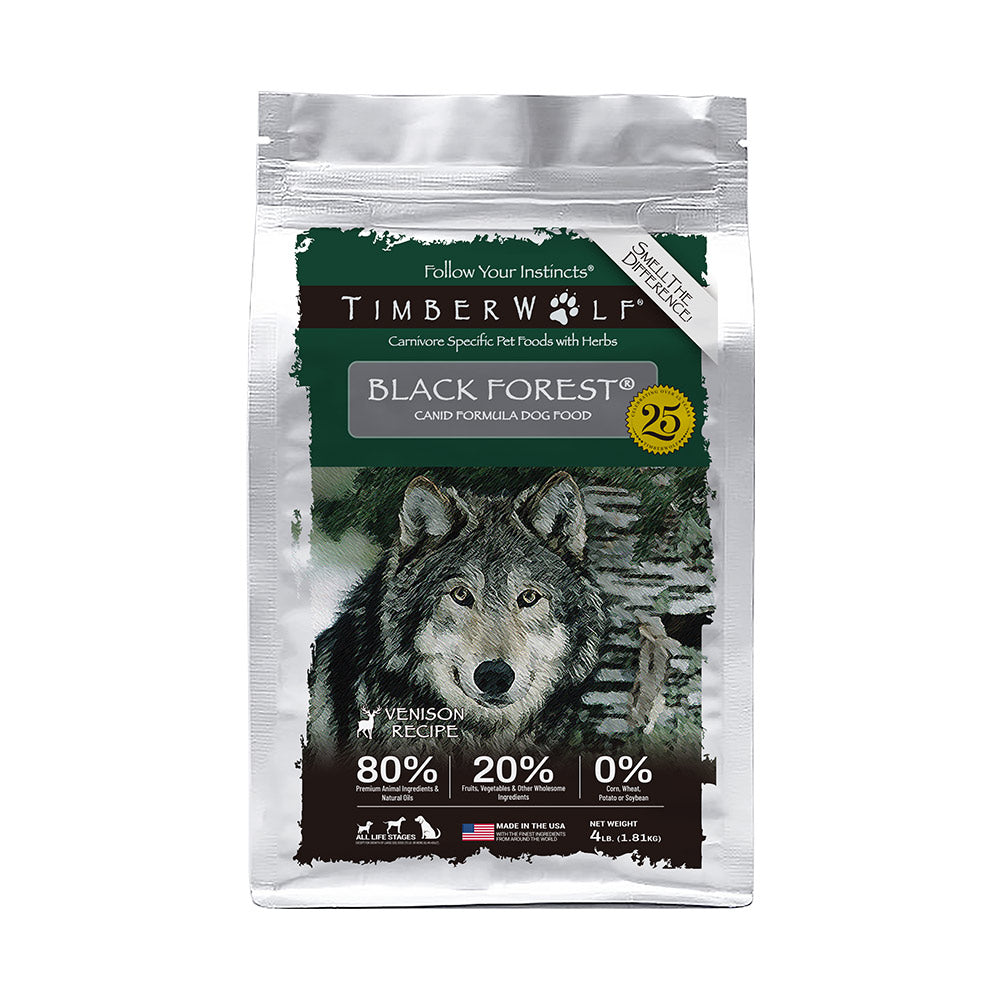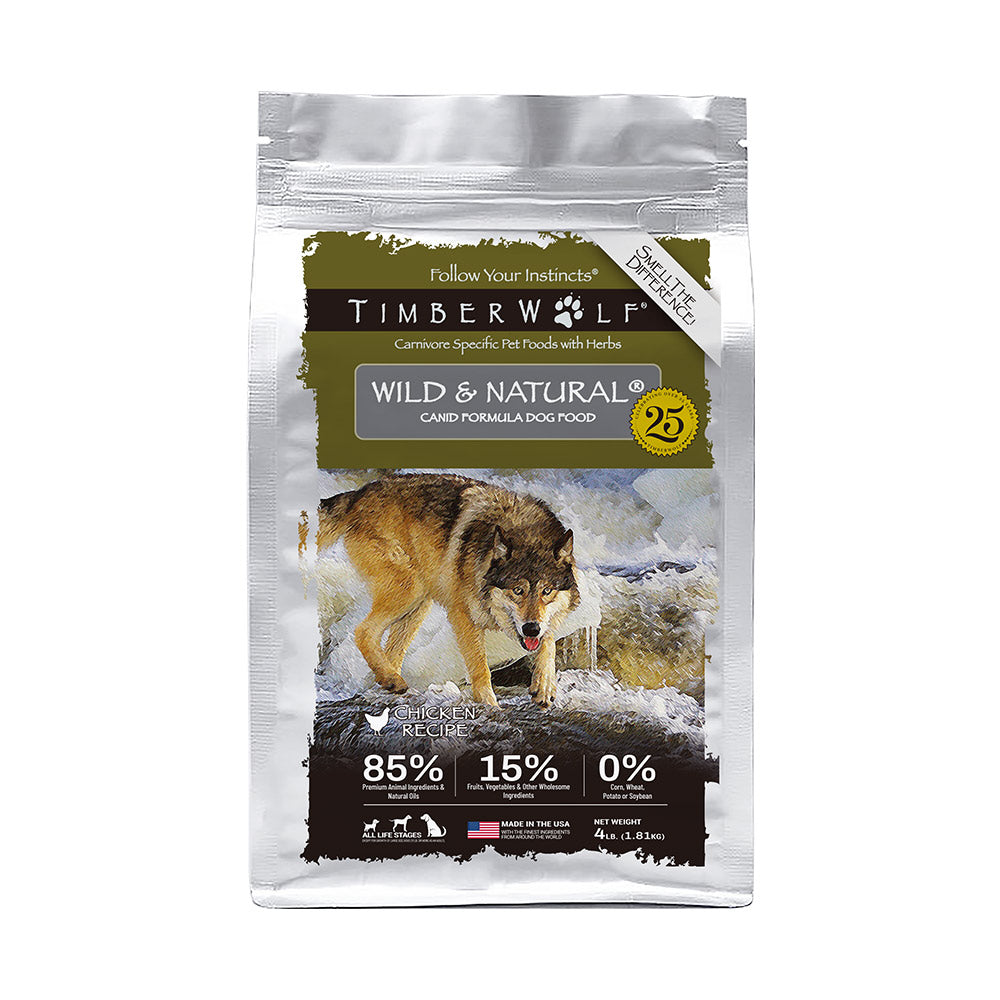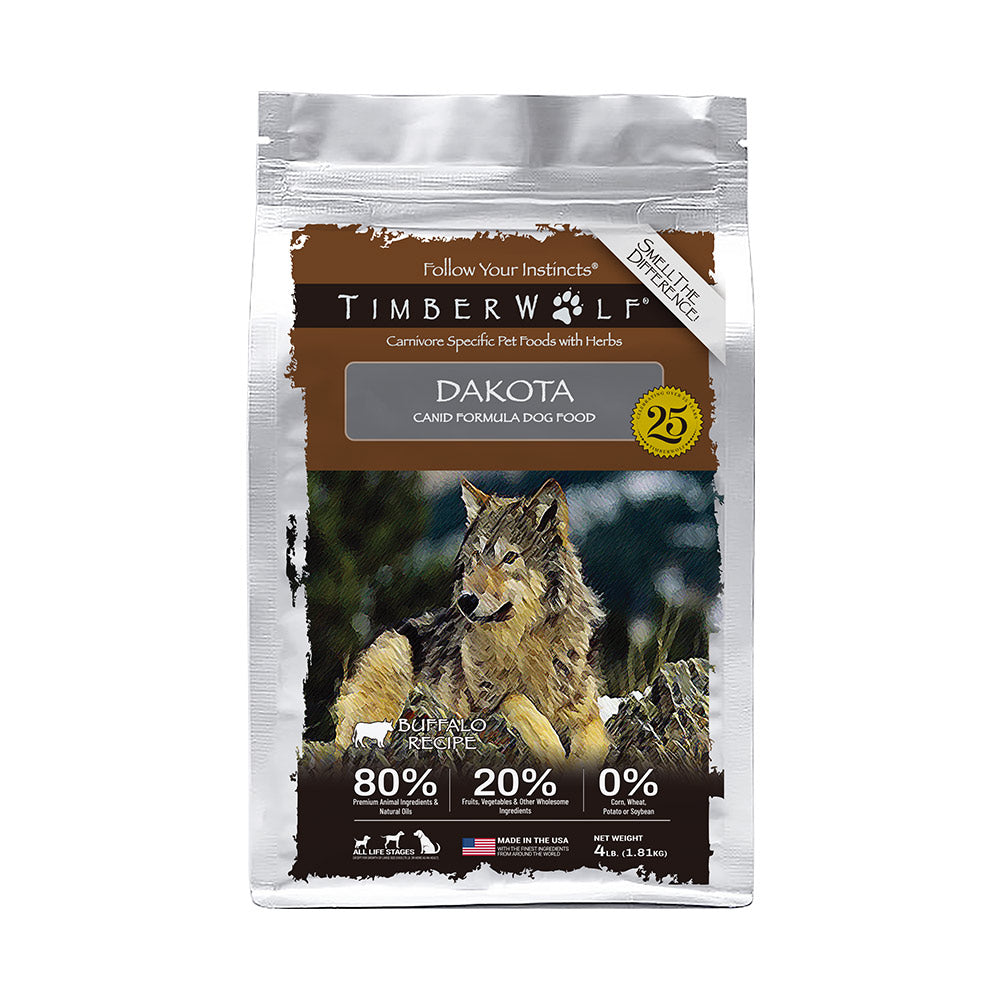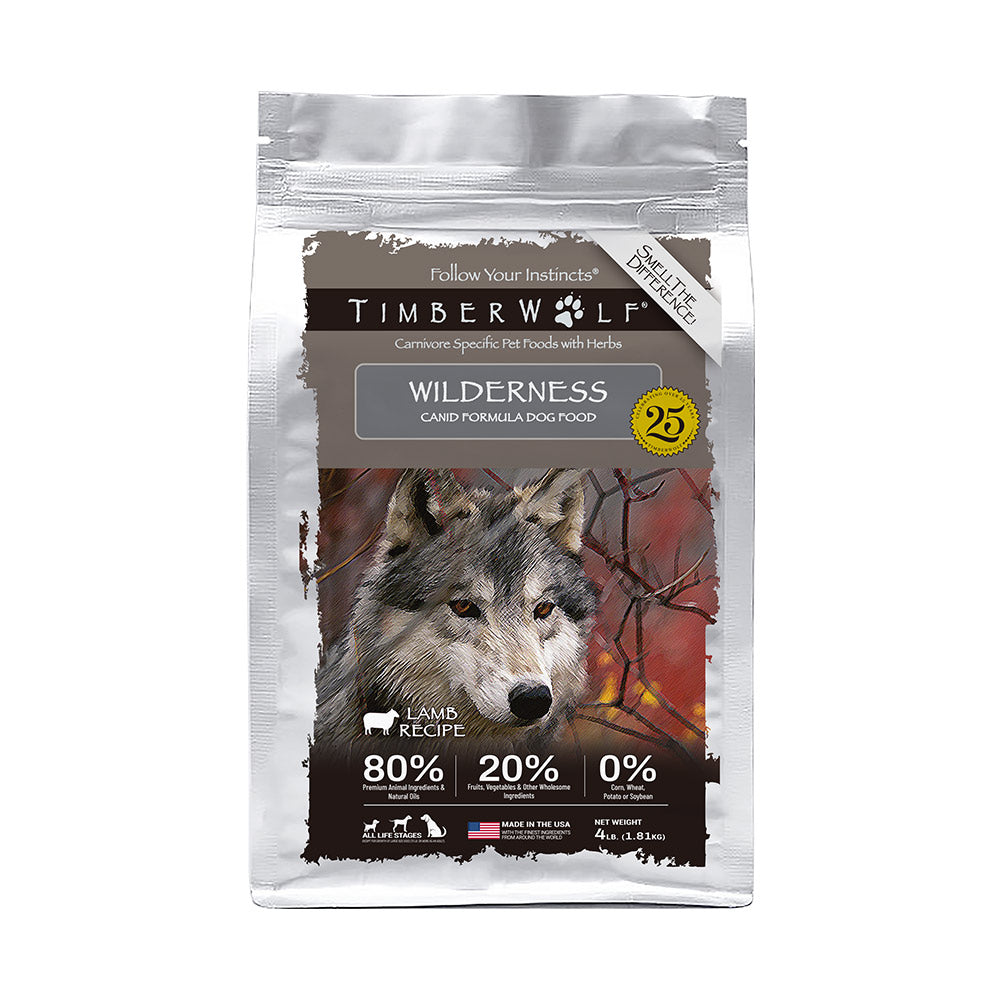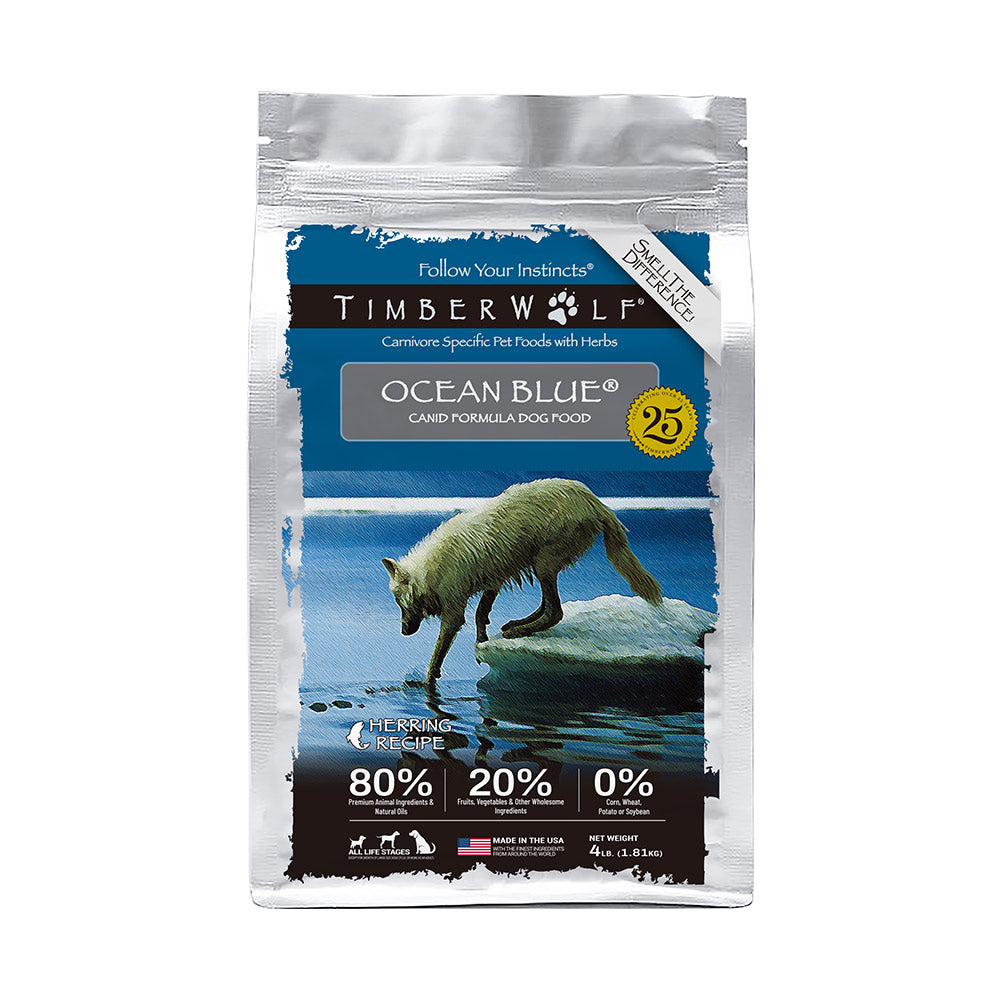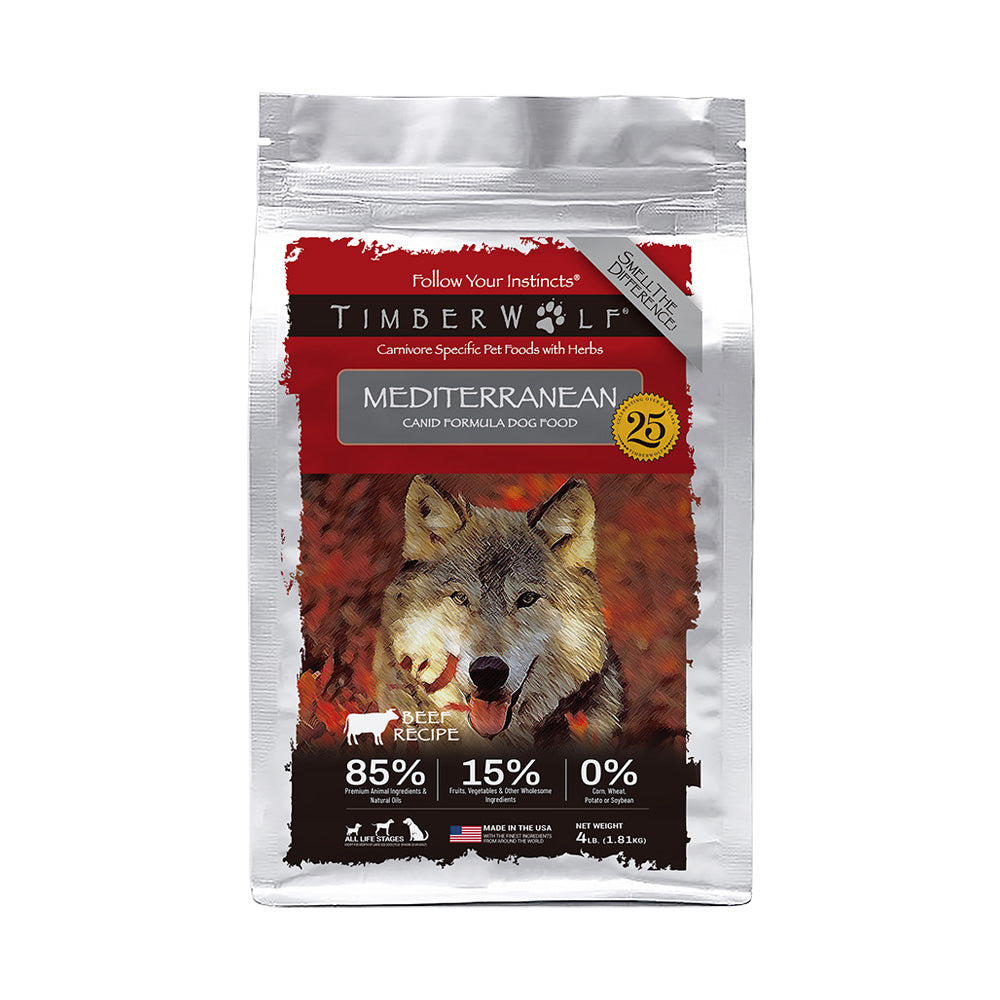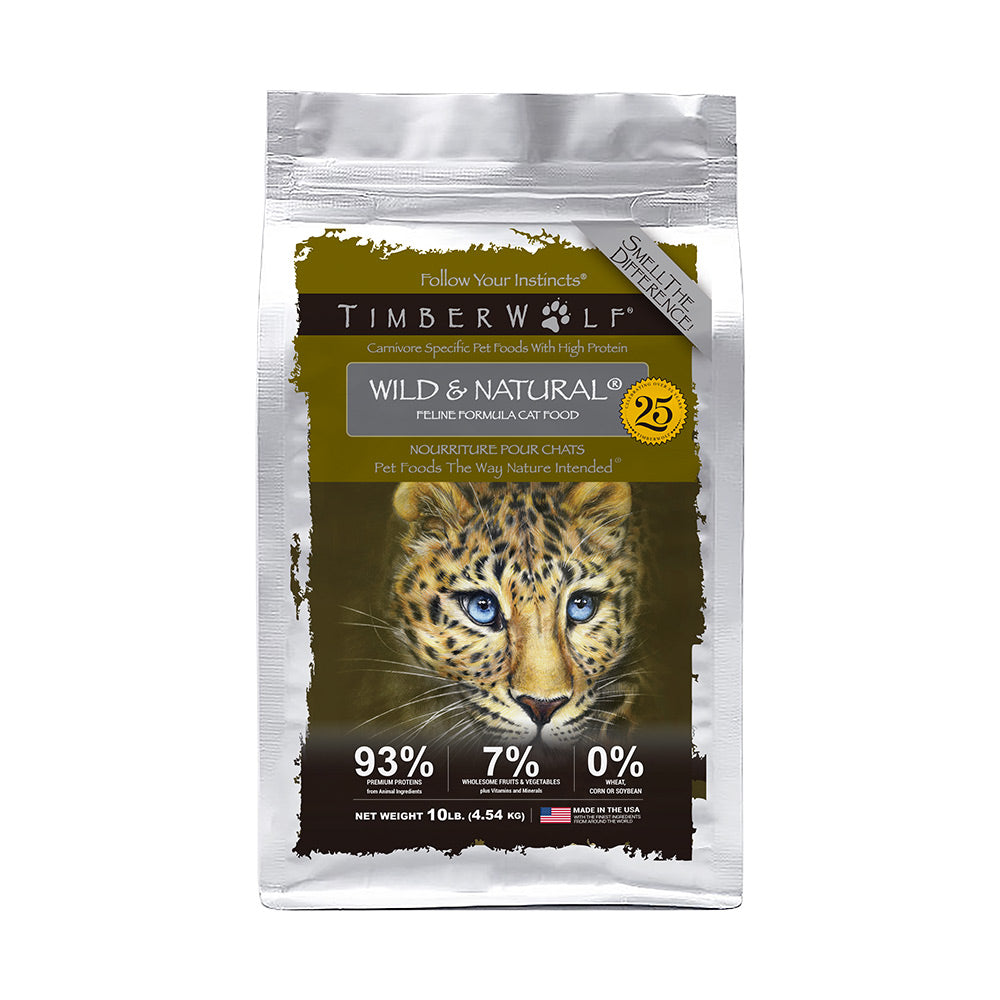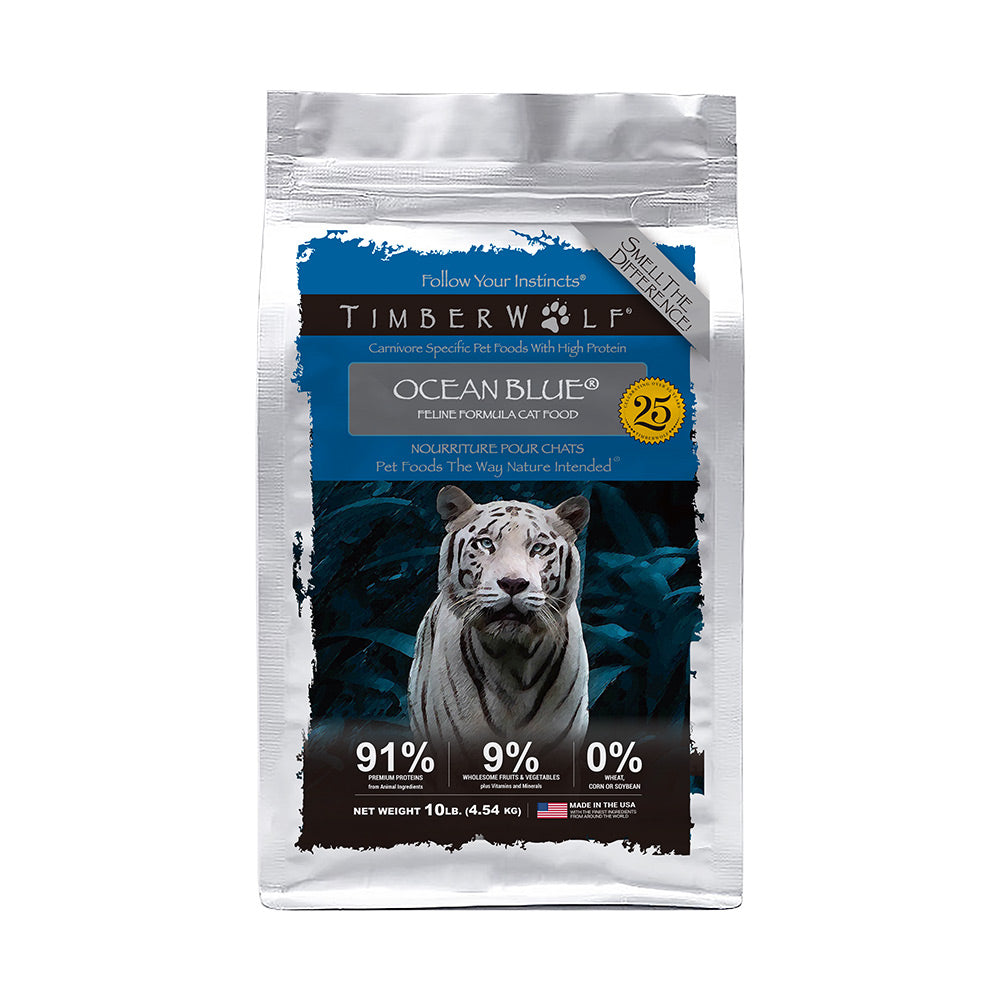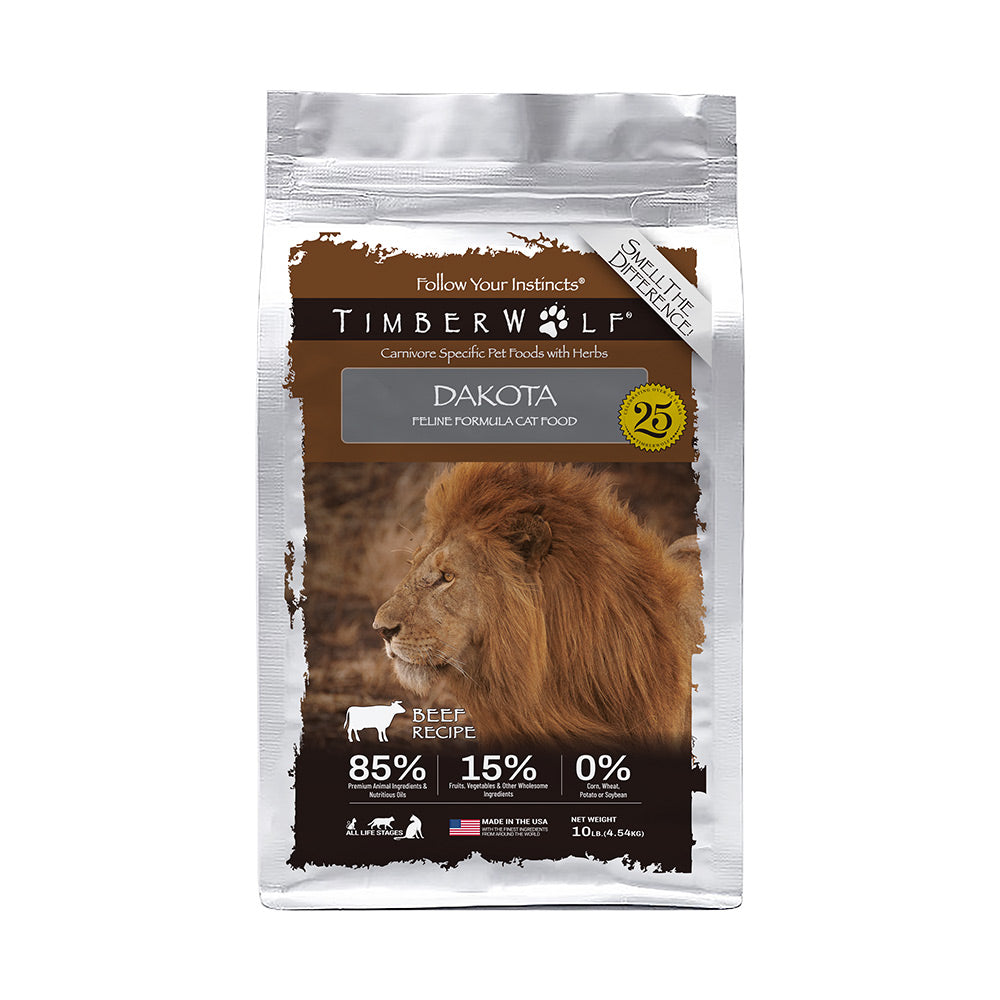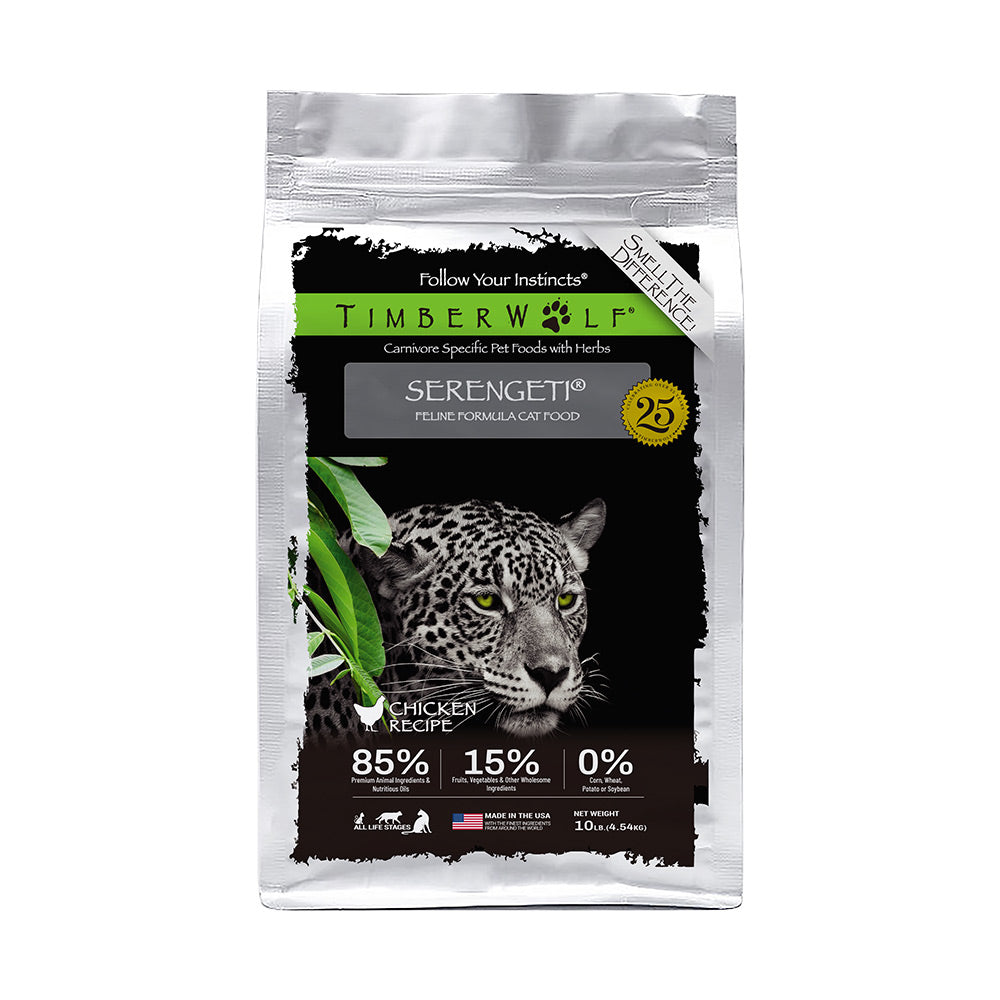Defenitions & Ingredients
AAFCO
AAFCO (Association of American Feed Control Officials) AAFCO is an organization formed to develop standards, enforce laws, and maintain the effectiveness and usefulness of feed products.
Alfalfa
This legume contains fiber, minerals, chlorophyll and vitamins. It is particularly rich in Vitamin K. Alfalfa is known for its aid as a blood purifier and anti-arthritic.
Amino Acids
The structural building blocks of protein. Foods derived from meat, poultry, fish, eggs and dairy are excellent sources of amino acids. There are plant-based amino acids, but they are not as complete.
Anise Seed
An ancient medicinal seed grown and consumed. Known as a tonic for indigestion, colic, bloating, asthma and coughs. It also aims at boosting the immune system and freshens breath.
Apples
Contribute to intestinal health and detoxify metals in the body. Key nutrients include vitamins B and C, iron, potassium, phosphorus, calcium, magnesium, zinc, copper, manganese, thiamine, riboflavin and niacin.
Apricots
Aims at benefiting the skin, heart, muscles and nerve tissue. Beneficial nutrients in apricots include calcium, magnesium, thiamine, copper, manganese and many others.
Barley
Barley has an anti-inflammatory effect on the digestive tract and helps with ulcerative colitis and similar issues. Barley also aids in regulating the intestinal tract, improving diarrhea and constipation.
Basil
Contains flavonoids, which prevent damage to cells and chromosomes. Basil has anti-inflammatory properties and is a good source of Vitamin A and magnesium.
Beets
Beets provide fiber, magnesium, iron, calcium, phosphorous, and vitamins A and C. They have anti-inflammatory properties and may protect against cancer.
Biotin
Metabolizes fats and proteins. Deficiencies in biotin can cause anemia and heart conditions. Biotin aids lung infections, lethargy, and weakened muscles. It restores the appetite, promotes healthy hair growth and alleviates skin disorders.
Buffalo
Popular with Native Americans in earlier centuries, Buffalo is one of the most nutritious meats available. Buffalo has a high concentration of iron compared to other meat sources. It is lower in cholesterol and calories than beef and skinless chicken, yet contains a higher amount of protein.
Blueberries
Long known for their contributions to good eyesight, blueberries also aid in combating eye inflammation and blood sugar mobilization. They can help alleviate diarrhea and act as an antiseptic and astringent.
Carrots
An excellent source of antioxidant compounds, and are the richest vegetable source of the pro-Vitamin A carotenes. Beta-carotene’s powerful antioxidant actions help protect against macular degeneration and the development of cataracts.
Casein
A protein found in milk. Used as a binding agent. Dairy proteins such as casein contain necessary amino acids that help build and maintain muscle.
Celery
Aids in digestion and prevents gas. Celery is a diuretic that also promotes assistance with arthritis.
Chicken Fat
Used for its oils. Does not contain antigens or proteins, the substances that trigger allergies in those who are allergic to chicken. Chicken fat is an excellent source of linoleic acid, which is high in omega-6 fatty acids.
Chicken Meal
Timberwolf diets employ an exceptionally digestible, high protein (65-69%) chicken meal that is derived from chickens raised for human consumption. The higher the protein, the less ash and residue there is. All chickens sold for meat consumption in the United States must not have been given hormones or steroids at any time in their life cycle.
Chicory Root
Ancient Egyptians and Romans used chicory root to purify the liver and the blood. Chicory root contains the prebiotic inulin, which supports digestive health and helps regulate blood sugar levels.
Cinnamon
is an aromatic spice. As a carminative astringent, it helps allay nausea, vomiting and diarrhea. It also has anti-viral, anti-fungal and antibacterial qualities.
Citric Acid
A natural flavoring found in citrus fruits. Timberwolf does not use artificial flavors in any of its formulas. Citric acid may help prevent urinary tract infections and kidney stones. It is thought to regulate digestive function and help remove toxins from the body.
Cobalt Proteinate
Results from the chelation of cobalt with amino acids and/or partially hydrolyzed proteins. Prevents or remedies cobalt deficiency in pets.
Coriander
Commonly known as cilantro in America, coriander has long been used around the world for its anti-diabetic and anti-inflammatory properties. It is presumed to lower blood sugar and cholesterol. Coriander, rich in phytonutrients and flavonoids, is also a good source of fiber, iron, magnesium and manganese.
Cranberries
A good intestinal antiseptic. Well known for aiding urinary tract infections.
Cumin
Iron-rich cumin is a member of the parsley family. Cumin may help with digestive conditions such as dyspepsia, diarrhea, and flatulence.
DHA
Is the most highly unsaturated fatty acid found in nature. DHA supports normal mental function, optimal memory, focus and learning.
Eggs
Eggs are one of the most high-quality protein sources available. They are an excellent source of choline, an essential nutrient that plays an important role in cell and brain function. Eggs also contain lutein and zeaxanthin, two antioxidants that may help prevent age-related blindness.
EPA
An unsaturated fat that benefits the heart and circulatory system by promoting healthy blood triglycerides and blood flow. EPA, along with glucosamine, also plays a role in the natural body movement of joints and can be beneficial for joint pain and inflammation.
Fatty Acids
Essential fatty acids are “good fats” required for cell growth and function, muscle and bone health, and nerve function. They aid in the production of prostaglandins, hormone-like substances that play a role in a large number of bodily functions. The body cannot produce EFAs, so they must be obtained from the diet. Deficiencies in EFAs can lead to health problems such as heart disease, cancer and diabetes. There are two types of EFAs: omega-3 and omega 6. Omega-3 fatty acids such as alphalinoleic acid may lower the risk of cardiovascular disease, fight inflammation and prevent cancer. They are found in flaxseed oil, walnuts and coldwater fish. Omega-6 fatty acids such as linoleic acid contribute to healthy skin and strong bones. They are found in chicken fat and a variety of oils, including sunflower oil. It is not enough for foods to contain a sufficient amount of omega-3 and omega-6 fatty acids; both EFAs must be balanced in the correct ratios. The ideal ratio of omega-6 to omega-3 ranges from 3:1 to 5:1. All Timberwolf formulas have a ratio of about 4.5:1 to 5:1.
Fennel Seed
High in fiber and potassium, fennel is used to relieve digestive and respiratory disorders.
Fenugreek
Demulcent. This herb lubricates the intestines and stimulates mother’s milk. In holistic circles, it has been said to balance cholesterol and lower blood sugar levels.
Figs
The enzymes found in figs help rid the intestines of roundworms.
Flaxseed
An increasingly popular addition to the diets of the health-conscious. This earthy yet subtly nutty-flavored seed has an abundance of omega-3 fatty acids, which can help reduce inflammation. Flaxseed is also a very good source of fiber.
Folic Acid
Pair text with an image to focus on your chosen product, collection, or blog post. Add details on availability, style, or even provide a review.
Garlic
Combats intestinal worms. Garlic is anti-viral, antibacterial and antispasmodic. It reduces high blood pressure and blood cholesterol, and provides immune support for the respiratory system.
Ginger
Ginger is best known for its use as a digestive aid. It is said to relieve nausea, reduce gas, and assist in breaking down proteins. Ginger has anti-inflammatory and antiviral properties. Some believe it lowers cholesterol.
Lamb Meal
A highly digestible lamb meal imported from New Zealand that is developed from lamb raised for human consumption, certified scabies-free. Very high in protein (65%) and low in ash. Most lamb meals are no more than 50% protein and are higher in ash.
Lecithin
A compound normally found in the cell membrane. Lecithin lowers cholesterol and promotes cardiovascular health, protects the liver from diseases such as cirrhosis, and improves mental function.
Lettuce
Leafy green lettuce is an excellent source of chlorophyll and vitamin K. Romaine lettuce is the most nutrient dense variety of lettuce, containing Vitamin C, beta-carotene, fiber, folate and magnesium.
L-Lysine
An essential amino acid that aids in growth.
Manganese Proteinate
A manganese deficiency in animals leads to impaired growth, abnormal skeletal defects, and defects in the ability to metabolize fats and carbohydrates.
Meat
Our meals do not contain blood, hair, hoof, hide trimmings, manure, stomach or rumen contents except in such amounts as may unavoidably occur through good processing practices. Whereas fresh meats are mostly moisture, our meals provide a concentrated source of protein, enabling Timberwolf to make foods that are higher in protein.
Methionine
An essential amino acid that helps protect the liver and break down fats.
Millet
This whole grain is high in magnesium, phosphorous, and manganese. Millet protects cardiovascular health, aids in tissue development and repair, and lowers the risk for Type 2 diabetes.
Mint
Mint has long been used for its soothing effect on the digestive tract. Studies have implied that mint also prevents colon, skin and lung cancer in animals.
Mixed Tocopherols
Another term for Vitamin E, a fat-soluble vitamin that is an exceptional antioxidant. Vitamin E protects against arthritis, red blood cell damage, cardiovascular disease and cancer. It promotes healthy skin and hair, and may enhance the immune system. Some of the best sources of Vitamin E include wheat germ, whole grain, fish, and leafy green vegetables.
Niacin
A B vitamin that assists digestive and nerve function. Niacin may also reduce “bad” cholesterol.
Oats
Our oats are higher in essential fatty acids, including the omega-3s. Oats are rich in vitamins and minerals, and are considered restorative and anti-depressant. They are one of the best tonics for nervous tension and stress. Some nutritionists recommend oats during lactation, as they facilitate the increase of milk supply. They are also a cardiac tonic. In Chinese medicine, oats are considered warming or strengthening.
Omega-3
Research shows that a high ration of omega-3 to omega-6 essential fatty acids (greater than 1 to 6 omega-3 to omega-6) may lower the incidence of cancer and may even help animals with cancer to live longer than they would have otherwise.
Omega-6
An essential fatty acid that has been shown to help with skin health, hair growth, maintaining bone health and regulating metabolism.
Papain
A naturally occurring enzyme derived from papaya. Papain is believed to aid digestion. It has anti-inflammatory properties and may help prevent blood clots. Papayas are high in Vitamin A, and they contain more Vitamin C than oranges.
Parsley
More than a simple garnish, parsley is high in vitamins A and C. It has traditionally been used for urinary or diuretic purposes, or as a tonic for the blood. Parsley is also a carminative, aiding in the prevention of flatulence. Contraindication: pregnancy.
Potassium Chloride
An important mineral that prevents stroke, promotes muscle function, protects the heart and replenishes electrolytes. Potassium deficiency can lead to fatigue and muscle weakness.
Potassium Iodide
A mineral that helps protect against thyroid cancer.
Potato
Low in calories but high in fiber, potatoes contain high amounts of the heart-healthy nutrients potassium and Vitamin B6. Potatoes are also rich in compounds called kukoamines, which are thought to lower blood pressure.
Probiotics
(Lactobacillus Acidophilus, Bifidobacterium Longum, Bifidobacterium Thermophilum, Bacillus Bifidum, Bacillus Subtilus, Enterococcus faecium, Aspergillus Oryzae) “Friendly bacteria” similar to those found in the gut. Your pet’s digestive tract contains both good and bad bacteria; probiotics can help foster the colonization of beneficial bacteria and restore balance to your pet’s digestive system, which in turn helps to maintain a healthy GI tract and improve immune response. Research suggests that probiotics may increase energy levels, aid in the treatment of diarrhea and urinary tract infections, inhibit yeast growth and reduce inflammation.
Pyridoxine
A source of vitamin B6.
Riboflavin (B2) Supplement
Critical to metabolic processes, cell function, growth, and the production of energy. This versatile vitamin also increases immune system function, helps repair tissues, contributes to healthy vision, and protects the nervous system and digestive tract.
Rice, Brown
Brown rice has up to 10 times the vitamins and minerals of white rice. It is soothing to the digestive system and has mild anti-inflammatory properties. Brown rice is a rich source of fiber. In Chinese medicine, brown rice is considered neutral and is recommended for imbalances of both yin and yang.
Rosemary
This popular cooking herb has antioxidant and anti-inflammatory properties. It is sometimes consumed as a digestive aid, and has been probed in anti-cancer studies. All Timberwolf formulas use Vitamin E and rosemary extract as preservatives.
Salmon Oil
An excellent source of omega-3 fatty acids, which promote healthy skin and a lustrous coat. Salmon oil has been used by many to help prevent cardiovascular disease, lower “bad” cholesterol and reduce inflammation.
Salt
Sodium is essential for the body to function. In small amounts, salt maintains fluid balance within the body and aids digestion.
Selenium Proteinate
Essential for enzyme activity. Thought to neutralize certain carcinogens and protect against gastrointestinal tract cancer. Helpful for thyroid function when used in conjunction with iodine.
Sesame Seeds
High in Vitamin E, copper, magnesium and calcium. Sesame seeds contain sesamin and sesamolin, two substances thought to reduce cholesterol and prevent liver damage.
Sodium Selenite
An antioxidant that fights cell-damaging free radicals in the body. May prevent some cancers.
Spinach
A source of vitamins A, C and E, antioxidants and folic acid.
Sunflower Seeds
A popular snack loaded with Vitamin E and fiber. Sunflower seeds may provide anti-inflammatory, anti-cancer, and cholesterol-lowering benefits.
Sweet Potato
This Thanksgiving favorite is packed with vitamins A and C. Sweet potatoes also contain high levels of fiber and antioxidants.
Taurine
A nutrient that is necessary for ocular health, especially in cats. Without this nutrient (only recently uncovered) cats have a propensity for progressive retinal atrophy.
Thiamine
This vitamin plays an important role in carbohydrate metabolism. A lack of thiamine will significantly affect the normal functioning of the central nervous system.
Thyme
A perennial herb with a variety of beneficial properties: antiseptic, antispasmodic, urinary astringent, antimicrobial, preservative, expectorant, carminative, believed to destroy and expel worms.
Tomato Pomace
Made from the skins, pulp, and crushed seeds of tomatoes. High in fiber and lycopene, the antioxidant that gives tomatoes their rich red color. Lycopene protects against cardiovascular disease and certain cancers.
Turmeric
This bright yellow spice is a natural anti-inflammatory and antibacterial agent. Turmeric may also lower cholesterol and prevent cancer.
Venison
A high-quality protein source imported from New Zealand. Elk meat provides a significant daily value of protein, iron and B vitamins.
Vitamin A Supplement
Functions involve vision, bone growth and reproduction.
Vitamin B12 Supplement
Creates and regenerates red blood cells. It is found more naturally in our higher-than-average meat-based formulas. Vitamin B12 aids protein breakdown and assimilation. It increases energy and also aids the body in assimilating carbohydrates, proteins and fats.
Vitamin D3 Supplement
D3 is a fat-soluble vitamin that promotes healthy bones and teeth.
Watercress
Included for its significant contribution of iron, calcium and folic acid in addition to vitamins A and C. Watercress is a source of phytochemicals and antioxidants. It is also a mild stimulant, expectorant, diuretic and digestive aid.
Whey Product
A derivative of the dairy production process. Whey is high in amino acids and protein, but low in fat and cholesterol. Whey protein is popular with bodybuilders for its role in promoting muscle growth. Whey product does not trigger dairy allergies and is safe for those who are lactose-intolerant.
White Fish
White-fleshed fish such as cod and haddock are low in fat and calories, but high in protein. White fish contains substantial amounts of iron and B vitamins.
- Choosing a selection results in a full page refresh.
